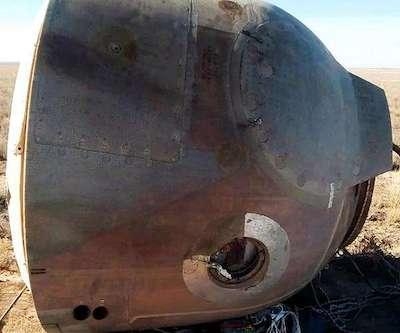Wed, Oct 24, 2018
Advertisement
More News
 Airborne 10.20.25: FAA Eases On Boeing, Flexjet Lawsuit, Textron Chops eAviation
Airborne 10.20.25: FAA Eases On Boeing, Flexjet Lawsuit, Textron Chops eAviation
Also: Global 8000 Records, Cockpit Window Crack Mystery, Daher Brazilian Ops, Senators Push ADS-B/Safety Reviews Boeing has been approved to churn out up to 42 MAX jets per month, >[...]
 Airborne-NextGen 10.16.25: Cops Shooting Drones?, Lilium Patents, Trains v UAVs
Airborne-NextGen 10.16.25: Cops Shooting Drones?, Lilium Patents, Trains v UAVs
Also: Sikorsky Intro's U-Hawk, EAA On UAS-BVLOS, Joby Airshow Demo, Hospital Vertiport German regulators are pushing forward a law that would allow police officers to shoot drones >[...]
 Airborne 10.17.25: Gryder Airport/Gun Arrest, Hegseth C32 Probs, Hartzell Update
Airborne 10.17.25: Gryder Airport/Gun Arrest, Hegseth C32 Probs, Hartzell Update
Also: Helicopter Dog Rescue, USDOT Spared In Layoffs, Guardian Avionics, Isaacman Back In Running? The name ’Dan Gryder’ is fairly well known to many in aviation.... Wh>[...]
 Classic Aero-TV: ICAS Perspectives - Advice for New Air Show Performers
Classic Aero-TV: ICAS Perspectives - Advice for New Air Show Performers
From 2009 (YouTube Edition): Leading Air Show Performers Give Their Best Advice for Newcomers On December 6th through December 9th, the Paris Las Vegas Hotel hosted over 1,500 air >[...]
 Airborne-NextGen 10.21.25: NZ Goes Electric, World Cup UAVs, eAviation Shuttered
Airborne-NextGen 10.21.25: NZ Goes Electric, World Cup UAVs, eAviation Shuttered
Also: SkyFly’s Axe Prototype, USAF CCA, AV Expands Switchblade, DropShip Cargo Drone Air New Zealand has taken its first big step toward electric aviation, flying the US-buil>[...]
blog comments powered by Disqus




